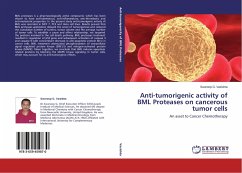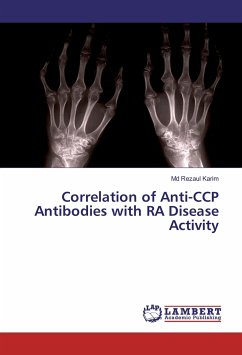BML proteases is a pharmacologically active compound, which has been shown to have anti-edematous, anti-inflammatory, anti-thrombotic and anti-metastatic properties. In the present study anti-tumorigenic activity of BML was recorded in MCF 7, PC3 and HeLa cell lines. Results proved that BML proteases application delayed the onset of tumorigenesis and reduced the cumulative number of tumors, tumor volume and the average number of tumor cells. To establish a cause and effect relationship, we targeted the proteins involved in the cell death pathway. BML proteases treatment resulted in regulation of p53 gene and subsequent activation of caspase 3 and caspase 9 with concomitant decrease in anti-apoptotic protein Bcl-2 in cancer cells. BML treatment attenuated phosphorylation of extracellular signal regulated protein kinase (ERK1/2) and mitogen-activated protein kinase (MAPK). Taken together, we conclude that BML induces apoptosis related proteins by blocking the MAPK kinase signaling in tumor cells, which may account for its anti-tumorigenic effects.
Bitte wählen Sie Ihr Anliegen aus.
Rechnungen
Retourenschein anfordern
Bestellstatus
Storno








